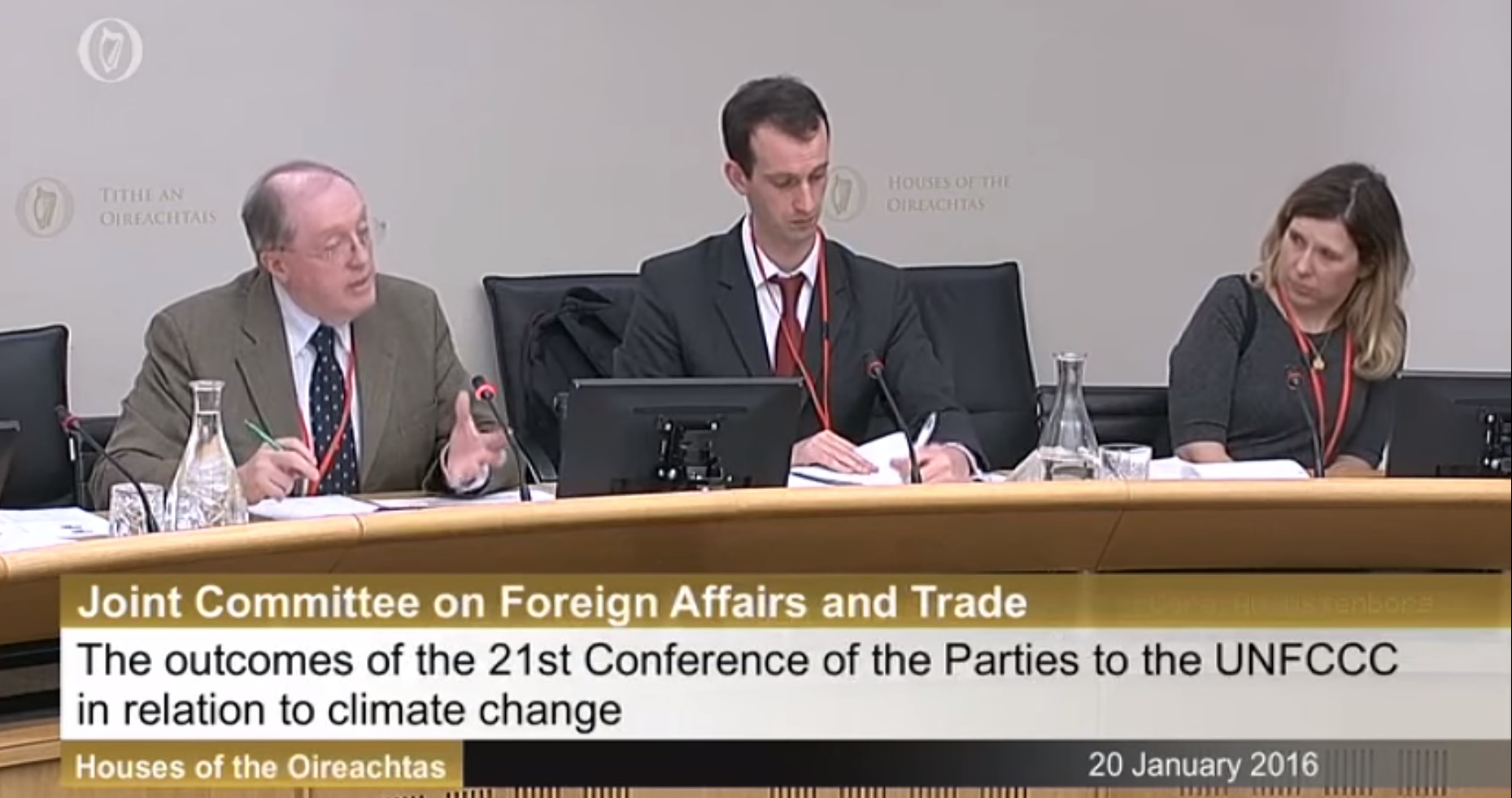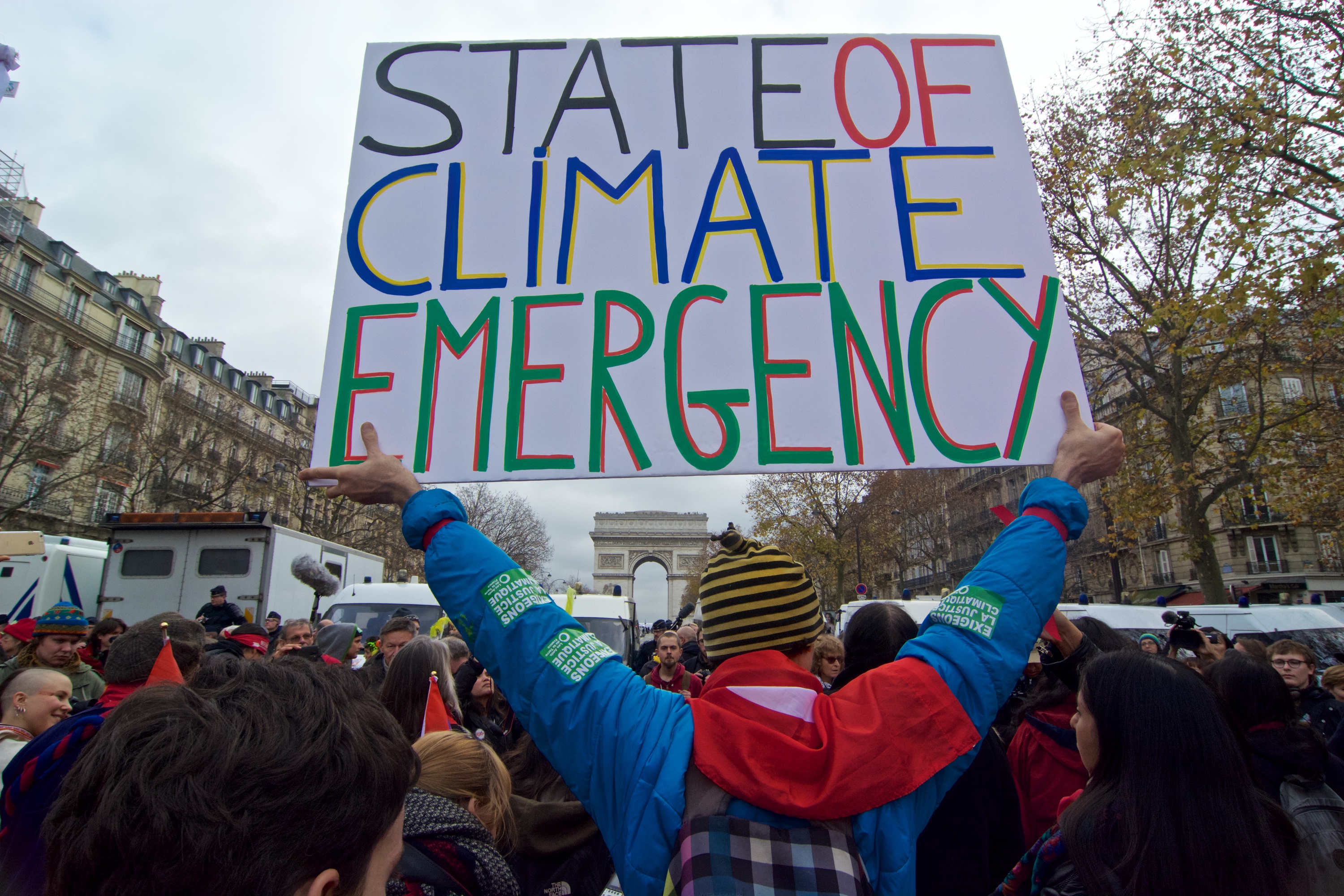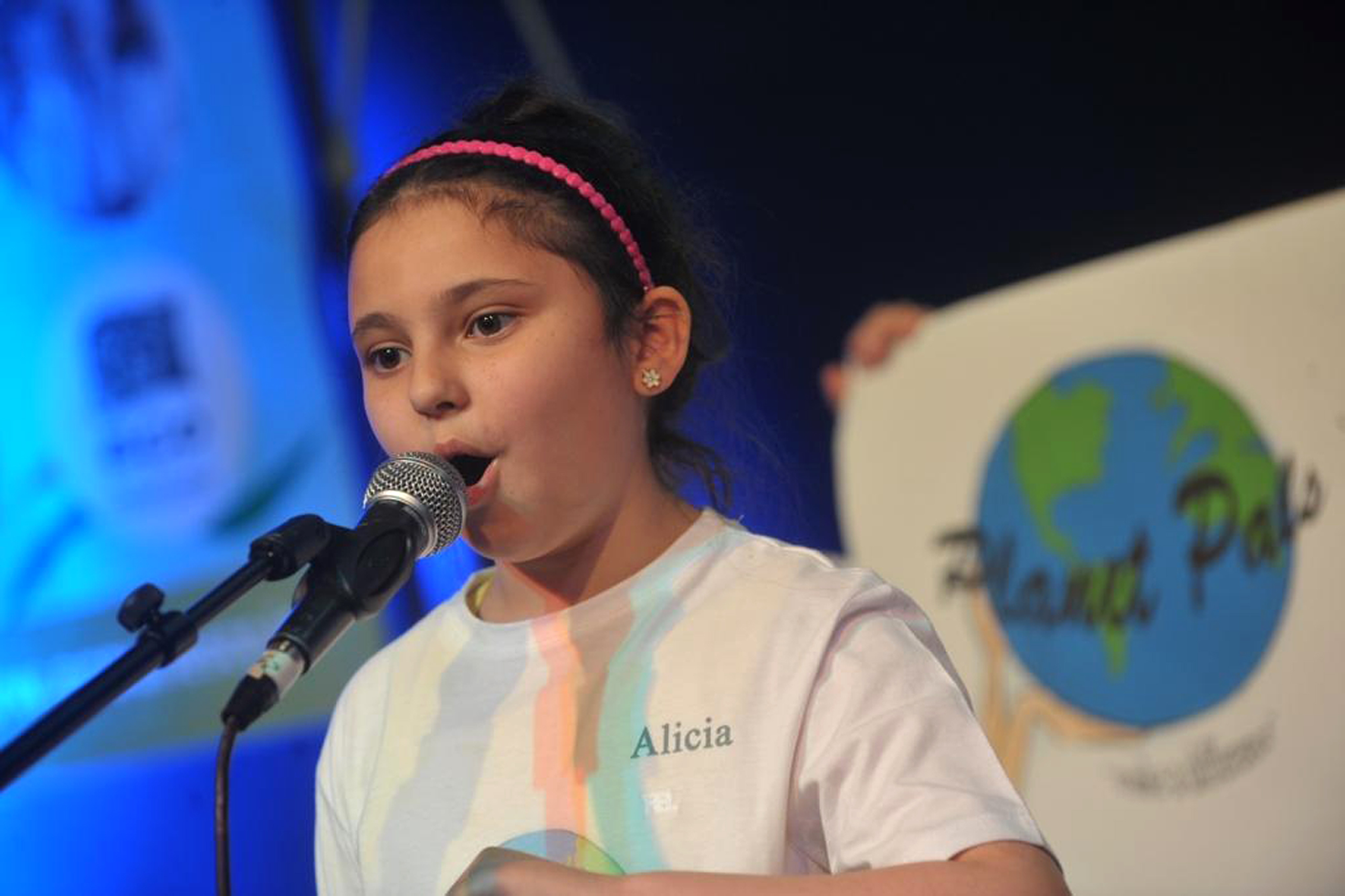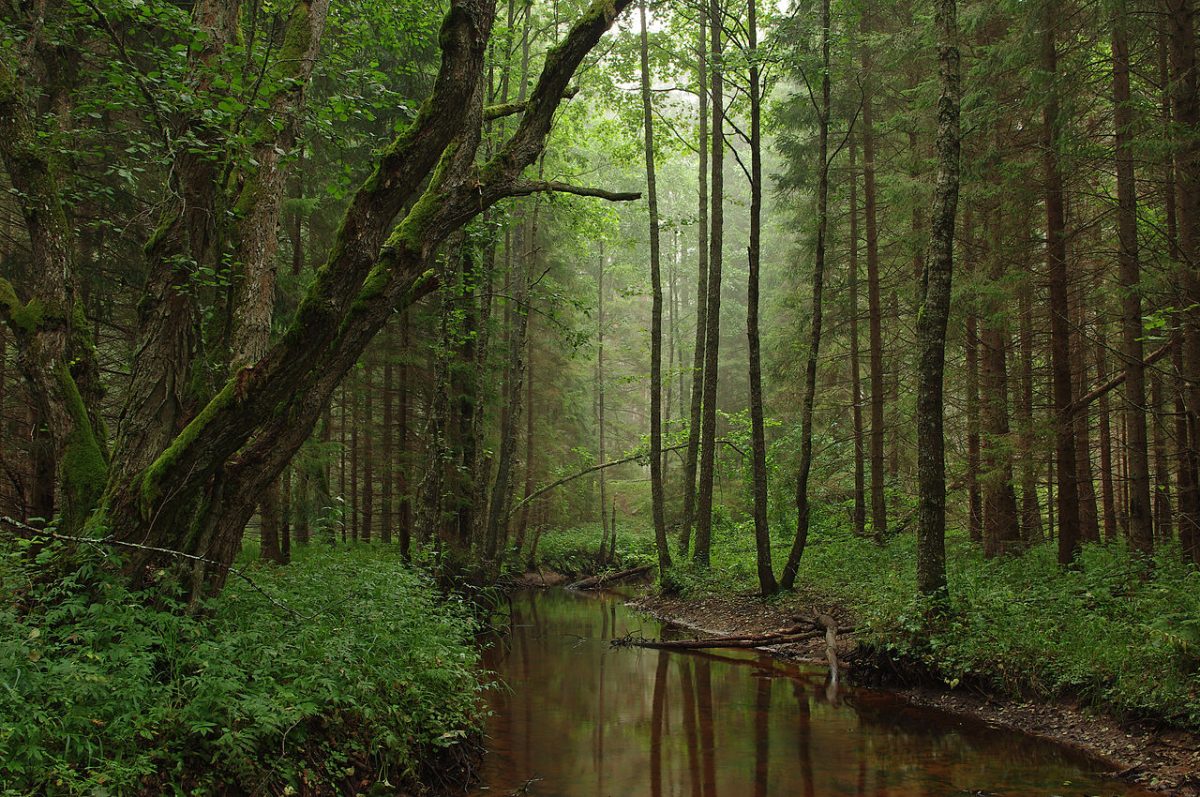Fine Gael’s Green Week: spin or substance?

August 20th, 2018
Last weekend saw the kick-off of Heritage Week, a national celebration to promote our built, cultural and natural heritage.
Another celebration of Ireland’s rich natural heritage popped up on social media this morning, although from a more surprising source – Fine Gael.
Not renowned as eco-crusaders, the Tánaiste Simon Coveney TD and several of his party colleagues appeared on social media today to tell us of their party’s work to protect the environment and guard against a changing climate.
Just as Fine Gael used social media to burnish its environmental credentials, the Green Party, environmental groups and prominent conservationists were quick to launch back on Twitter and Facebook, calling out the Tánaiste and his colleagues for having a “selective memory” on their party’s green record.
Fine Gael’s attempt to piggy-back on Heritage Week, they say, is a clear attempt to paper over Ireland’s unwelcome tag as the climate laggard of Europe.
I will admit, it is difficult to watch the Minister for Heritage, Josepha Madigan TD laud the Government’s environmental record so soon after pushing through the controversial Heritage Bill – dubbed the slash and burn Bill by opponents.
But everyone deserves a chance, right? So, has the ruling party turned over a new leaf or is this campaign more greenwash than Green Week?
Below, we examine some of the key objectives and achievements outlined by Mr Coveney and his party pals in their social media videos and look at other policy objectives overshadowing the green credentials the Government has bestowed upon itself.
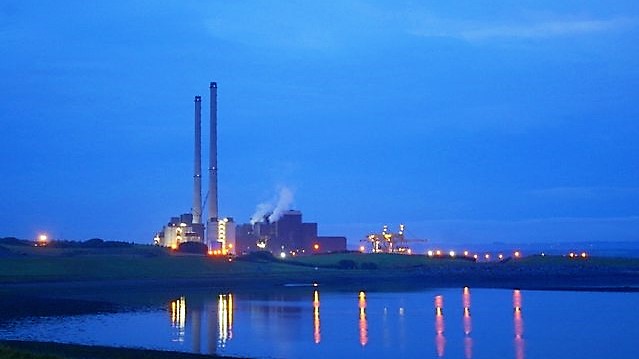
Moneypoint Power Station Photo: Tiger
‘From September, Ireland will be the first EU state to introduce a ban on smoky coal’
While this is a positive step in terms of protecting our rural communities from poor air quality, the State has little to say for rural Colombian communities impacted by over 11 million tonnes of coal imported since 2011 for burning at ESB’s Moneypoint power plant.
While plans are in place to stop burning coal at Moneypoint by 2025 and peat at Bord na Mona and ESB peat-powered stations by 2030, they will likely be replaced by unsustainable imported biomass for the foreseeable future, that, much like coal, is hurting biodiversity in lands far away from the Irish public’s attention.
Peat subsidies are set to be phased out next year, yet the Government still plans to support all three large peat-fired stations for co-firing with biomass. This is despite the recommendations of the Climate Change Advisory Council that Government resources should not support measures that lead to increases in emissions.
The expert body concluded that the biomass subsidy for peat power plants is an “environmentally harmful” subsidy that is responsible for higher emissions levels at a “direct cost to the nation.”
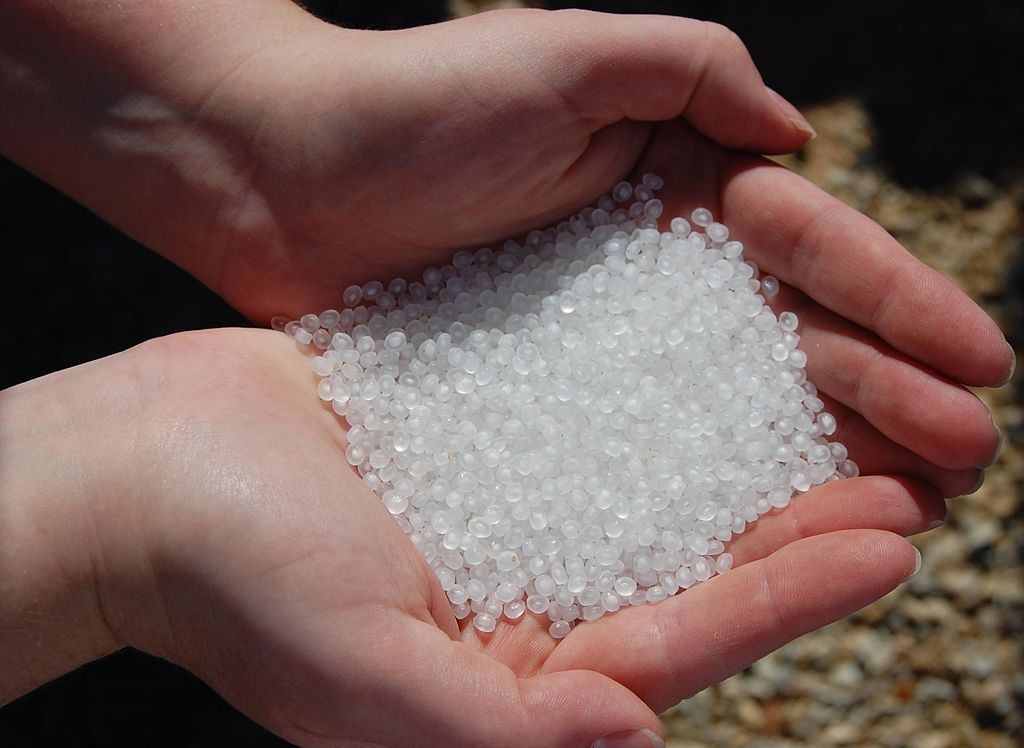
A smallish spill of plastic pellets in Pineville, Louisiana Photo: gentlemanrook
‘The Government is legislating to ban microbeads to protect our marine environments’
A ban on microbeads is a step in the right direction, but only a small step in protecting the marine environment as they account for a tiny fraction of microplastics in the marine environment.
Bigger threats to our seas are overfishing, plastic pollution from the likes of fishing nets and drinks containers, and oil and gas exploration.
Yet, the Minister of State for Natural Resources’ Seán Kyne TD recently outlined state support for an increase in oil and gas drilling in Irish waters to deliver energy security and to act as a “very significant economic driver”.
In addition, the Government has openly opposed legislation from opposition parties and calls from NGOs to bring in measures to protect the marine environment, including a Green Party motion calling on the government to publish an Oceans Bill.
The Bill calls for Ireland to meet its European and International obligations and protect 50 per cent our coasts and seas through marine protection. Currently, just over two per cent of Irish waters are protected, the second lowest percentage in Europe.
Fine Gael has also opposed People Before Profit’s Climate Emergency Bill to stop the government from issuing any new licences for the exploration and extraction of fossil fuels.
The Green Party’s Waste Reduction Bill that aims to increase recycling rates and cut littering of beverage containers is also opposed by the governing party.
In addition, calls from conservation organisations to reduce fishing quotas that the Government has lobbied to be set above levels recommended by scientists have gone unheard.
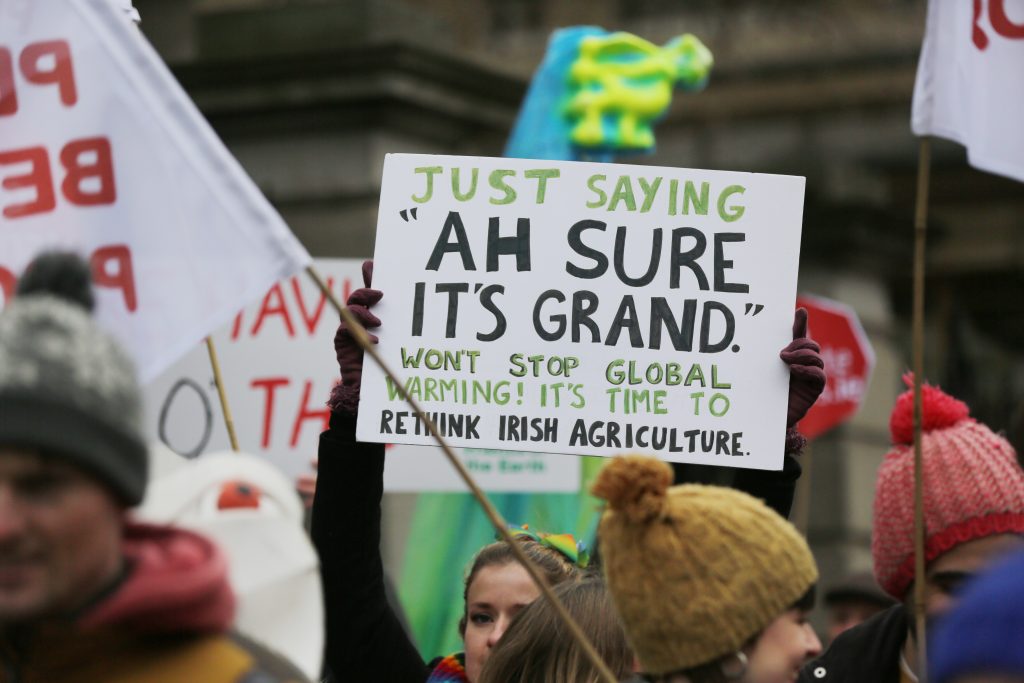
Protesters outside Leinster House in Dublin as the Dáil votes on Bill to end new licences for oil and gas drilling, Photo: PHOTOCALL IRELAND
‘The new Special Joint Committee on Climate Action will ensure the State’s response to climate change is as ambitious as possible’
The establishment of the joint committee is laudable as it will consider the recommendations of the Citizens’ Assembly on how the State can make Ireland a leader in tackling climate change.
It will report its recommendations by January 2019 and based on swift developments following the deliberations of the Committee on the Eighth Amendment, we can be positive that some good will come here.
It is difficult to envision, however, that Fine Gael will row in behind the more difficult Assembly recommendations such as extending a carbon tax to agriculture.
According to the EPA, already high agri-emissions are set to increase by four to five per cent by 2020, largely due to the ramping up of the dairy herd under the Government’s Food Wise 2025 targets.
In addition, the advice of the State’s own expert climate advisory body has been continually ignored during its first two years in service. Just last month, the Council’s chair, Professor John FitzGerald described Ireland as being in “an even worse position” than reported in 2017.
If the State is not listening to its own expert advisory body, there is no reason to believe that the establishment of the new committee will ensure major inroads on future policy decisions and turn us from laggard to leader overnight.

Photo: Jonathan Petersson
‘€1 in every €5 spent under National Development Plan will go towards tackling climate change’
According to the Government, a fair chunk of its €116 billion budget for the ten-year Plan will be put aside for environmental and climate issues.
Yet, when you look at the overall goals of the plan, it appears to being setting us on a trajectory for a business as usual approach.
Under the plan there are proposals to spend billions on motorways and little on public and active transport, with an overwhelming focus of investment outside Dublin on three significant road projects – the Cork to Limerick Motorway; the Galway Ring Road; and extra M7 lanes from Naas to Newbridge.
There are also no public transport investment proposals of any significance outside Dublin in the plan, with bus investment measures proposed for counties Cork and Galway only.
Decades of bad planning have left a legacy of car-based dispersed sprawl, with climate, air pollution, and other adverse environmental impacts, and it doesn’t look like this will change under the Plan.
In addition, 320 million is set aside under the Plan for the building of an additional Dublin Airport runway which does not address the increased impact of aviation emissions.
[x_author title=”About the Author”]
